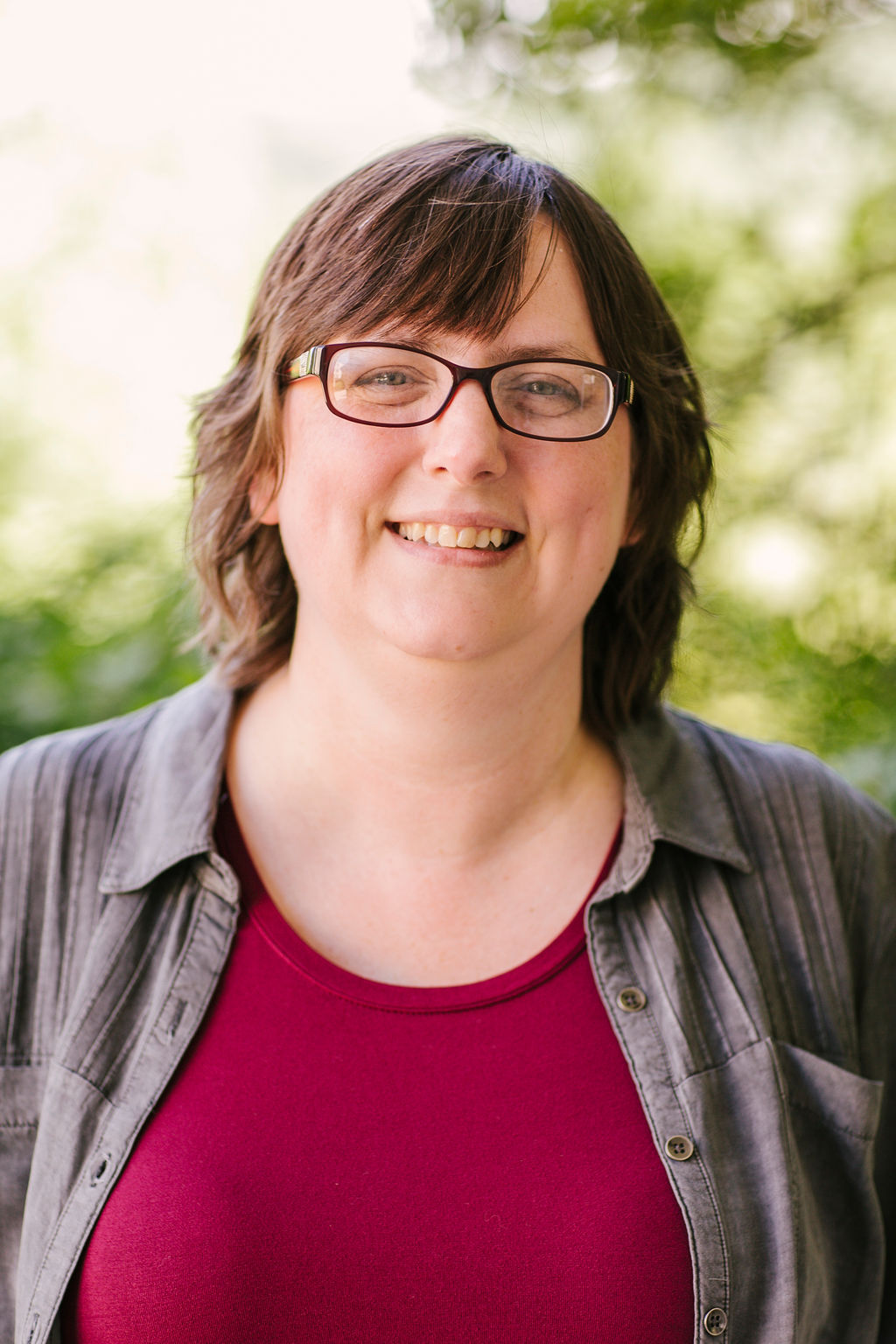Learning to Love Leah
I never liked Leah. The way she heartlessly masqueraded as her sister Rachel on her wedding night was appalling. And Jacob claiming he didn’t know the woman in his bed was not Rachel? That’s always seemed sketchy to me. Though I have to admit, I’ve taken pleasure in the poetic justice of Laban’s deceit after Jacob’s own maneuvering to steal Esau’s blessing from his father. But poor Rachel. She always seemed like the innocent victim. Some of my pity did fade in light of the soap opera of jealousy and subterfuge that commenced when Jacob found himself married to both women who vied for his love and attention as passionately as prize fighters going for the belt. The Biblical account of Jacob, Leah, and Rachel is told in a simple, factual way that gives a clear moral, but there is little detail about the people themselves and situations behind their actions. Could Leah have loved Rachel and still followed through with her father’s orders? Was Rachel really an innocent victim? And once he found himself married to Leah, why one earth would Jacob have thought marrying Rachel would be the answer to his problems? Seriously? Not just two women to keep happy but two sisters! I really want to know what he was thinking.
The true account from scripture doesn’t answer these questions, but Liz Curtis Higgs’ fictional retelling does a wonderful job of opening up the possibilities for readers. Set in Scotland in the 1700s, Thorn in My Heart tells the story of Jamie McKie and sisters Leana and Rose McBride. Using the practices and superstitions of the time, this retelling draws in many of the true Biblical elements while giving a sense of personhood to the characters. Liz Curtis Higgs doesn’t pretend her work is the Scottish version of how it really happened. Instead, she offers an entertaining possibility of who the people were and why they acted the ways they did. Each character is given personality, hopes, and motivations. It doesn’t matter if the real people that inspired the fictional characters shared those traits. Jamie, Leana, and Rose are relatable. Their complex characters feel true to life and challenge readers to look beyond the bare facts of the Biblical account and understand that Jacob, Leah, and Rachel were more than a set of actions on the pages of scripture. They had feelings and motives and hopes and hurts that (for good or bad) drove them in the choices they made, and they really are no different than each of us.
We each fall into the trap of making choices based on things other than following God’s will. Sometimes, like Jacob, we want to make God’s will happen instead of simply letting it happen in God’s time and way. When that happens, we can turn to Jacob’s story and the stories of others in scripture. I take great comfort in the failures of heroes of the faith like Jacob, Abraham, David, and Peter because God goes on to use them in mighty ways. And because God is the same today as He was then, we know God will use us too.
By the Book: Read Hebrews 11. If your life was written like the stories in scripture, how would your story look? Would people see a heart that wants to follow God despite your faults? Would they see a less than perfect person letting God redeem their failures and turn their story into something beautiful? Take time to ask God to make your story His story.


The Conversation
I used to think Jacob and Rebekah were in the wrong when they deceived Isaac. But Isaac was not obeying God when he desired to give the blessing to Esau. God had told Rebekah that Esau would serve Jacob, so she knew Isaac was in rebellion. Plus Esau had sold his birthright to Jacob, and was a non-covenantal man (Heb. 12:16). So, Rebekah’s & Jacob’s trickery was righteous, much like when the Hebrew midwives lied to Pharoah or when Abraham & Isaac lied about their wives being their sisters (Sarah was actually Abraham’s half-sister). What they did was not bearing false witness to their neighbor, or, in other words, maliciously lying, and so did not break the commandment.
Anyway, I like Higgs’ series. It changed the way I viewed Leah. She was eventually buried in the family “burial cave” alongside her husband, unlike Rachel.
What an interesting approach to delving into scripture! Thanks for a review that makes me want to read a story I’m sure I wouldn’t have found on my own.